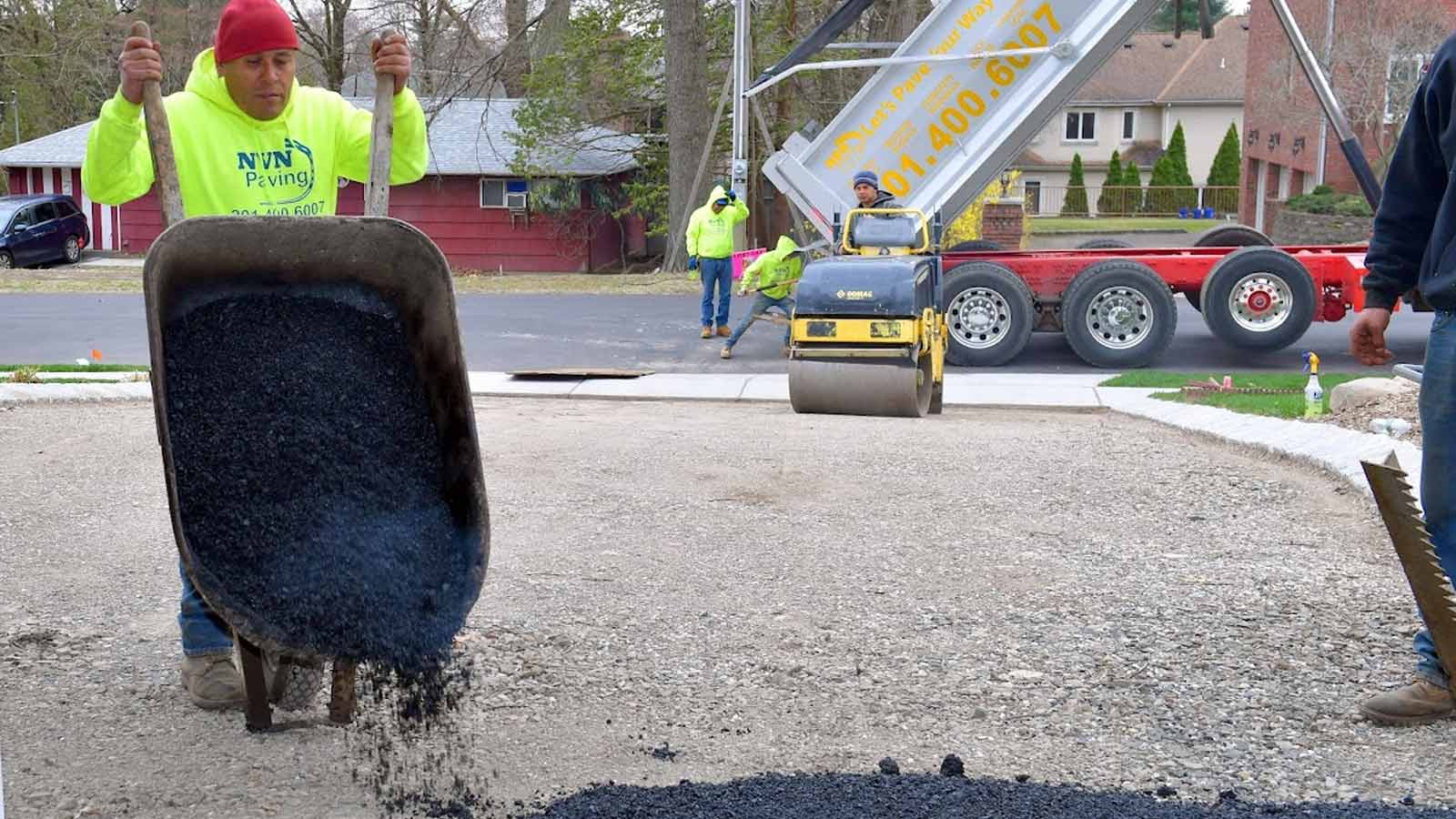Asphalt seal coating stands as a formidable barrier against the relentless forces of nature, safeguarding asphalt surfaces from the ravages of weathering. From scorching sun rays to pounding rain and biting frost, weather elements pose a constant threat to asphalt infrastructure. However, with proper application of seal coating, these surfaces gain a shield of protection, prolonging their lifespan and maintaining their functionality. The primary adversary of asphalt is the sun’s ultraviolet UV radiation. As UV rays penetrate the surface, they initiate a process known as oxidation, causing the asphalt to become brittle and prone to cracking. Seal coating acts as a sunscreen for asphalt, blocking harmful UV rays from reaching the surface and mitigating the effects of oxidation. By forming a protective layer over the asphalt, seal coating effectively shields it from UV damage, preserving its structural integrity. Moreover, seal coating serves as a waterproofing agent, preventing moisture infiltration into the asphalt matrix. Rainwater, in particular, can seep into cracks and crevices, leading to the formation of potholes and undermining the stability of the pavement.

By creating a seamless barrier, seal coating repels water, preventing it from permeating the surface and causing damage. This waterproofing characteristic is especially crucial in regions prone to heavy rainfall or snowmelt, where moisture-induced deterioration can occur rapidly. Over time, exposure to the elements can cause asphalt to fade and lose its luster, detracting from the overall appearance of roads, driveways, and parking lots. Seal coating rejuvenates the surface, giving it a rich, dark finish that enhances curb appeal and creates a more welcoming environment. Whether it is a residential driveway or a commercial parking lot, seal coating provides a cost-effective solution for enhancing the visual appeal of asphalt surfaces. Furthermore, seal coating acts as a barrier against oil and chemical spills, which can cause staining and deterioration of asphalt surfaces and click here. Whether from vehicle leaks or industrial spills, oil and chemicals can penetrate the porous surface of asphalt, causing unsightly stains and compromising its structural integrity. Seal coating creates a non-porous layer that repels these substances, preventing them from seeping into the asphalt and causing damage.
Another benefit of seal coating is its ability to fill in minor cracks and voids, preventing them from expanding and causing more significant damage over time. By sealing these imperfections, seal coating helps maintain a smooth and uniform surface, reducing the risk of trip hazards and vehicle damage. Regular application of seal coating as part of a preventative maintenance program can extend the lifespan of asphalt surfaces and minimize the need for costly repairs. Asphalt seal coating is a vital component of pavement maintenance, providing protection against the detrimental effects of weathering. By blocking UV radiation, repelling water, enhancing aesthetics, and resisting oil and chemical spills, seal coating helps preserve the integrity and appearance of asphalt surfaces. Incorporating seal coating into a routine maintenance schedule can prolong the lifespan of asphalt infrastructure, saving time and money in the long run. With its proven ability to weather the storm, seal coating stands as a reliable defense against the forces of nature, ensuring the longevity and durability of asphalt surfaces.